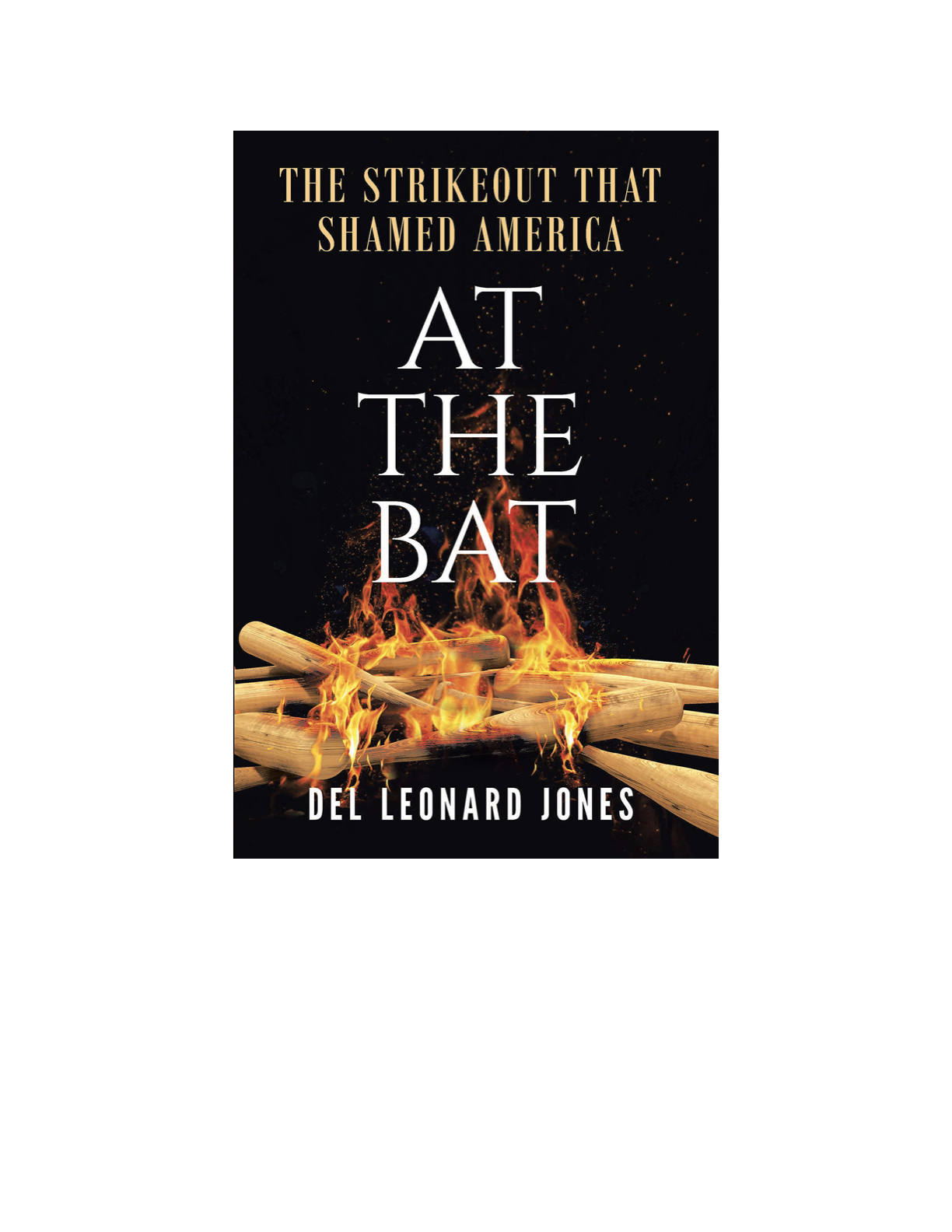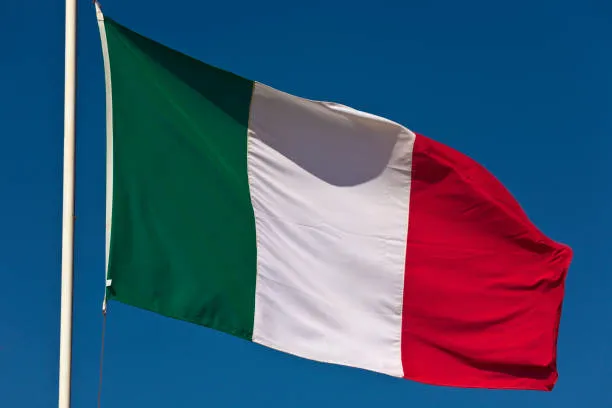The Memory Puzzle
She spoke in riddles.
When he asked who she was, he thought he heard her say, “I know I have no right to ask for your help.”
Which didn’t translate into a name he recognized. So he asked again.
“You don’t have to insult me,” she said.
Which left him as ignorant as before. So he tried a different tact.
“Did Nurse Peters send you?
“Who? No, I’m not … No one sent me. If they knew I was here …”
They who? The riddles were piling up so fast he wondered if this was some new form of therapy Peters had dreamed up for him.
He looked at her. Young, or youngish—hell, compared to him she was a spring chicken! Well dressed, professional. But nervous. She kept looking at her hands, rubbing them, folding and unfolding them. She wouldn’t look at him, at his face, but she seemed to expect him to say something. All he could remember was that when he woke up this morning he didn’t expect to have a visitor. Of course, come to think of it, he never expected visitors. Who comes to visit old men in state hospitals? Sometimes family visited the other patients, the lucky ones, but he had no family, at least none he could remember, none who ever visited.
So who was she?
“Look,” she said, “I know you don’t get why I’m here …”
You got that, sister, he thought.
“… but the truth of the matter is I can’t really tell you everything that’s going on …”
Some truth when you can’t even say it, he thought.
“… but I can tell you that things aren’t going well …”
What things?
“… at least not the way we planned for them to go …”
We who, he wondered. Who are you that we were we?
“Well, maybe things aren’t so bad as all that …”
So are things going well or not? He was confused.
“… I mean, we made it to the playoffs again, fourth straight year.”
“The playoffs?” he said aloud.
“Hard to believe, huh? Four years in a row. That’s your legacy, you know.”
His legacy? What did she mean by that?
“You remember the plans we made?” she asked.
Remember? Now there was a slippery slope! If memory was involved, nothing would ever be clear.
“When we drafted Gunner, remember?”
Gunner? A synapse fired somewhere deep in the gray depths of the old man’s mind. Gunner meant something. Gunner was someone, Gunner …
“We sat down and sketched out a plan, a process, that would get us to the playoffs. You remember that?”
Not that, no, but … He remembered something. About Gunner.
“He’s the ballplayer we hoped he would become. Won the first game of the playoffs, against Tempe, 4-2. But they got to him in the final game, fourth inning. Six singles, two of them infield hits and two more grounders that a better defense would have turned into outs. He’d carried the club as far as he could. Exhausted, poor kid. Still, he’s become quite a star. And that’s what I wanted to ask you about. See, we’re at a crossroads. Our playoff success means we’re not getting the talent in the draft the way we used to—the way you used to. But the club needs some major improvements, especially on defense, if we’re going to win in the playoffs next year. Which means free agents, right? But we haven’t got the money to play that game. So we’re stuck looking at mediocre replacements unless …”
Here she paused and looked around her. She rubbed her hands as she studied her surroundings.
Nothing much to look at, he thought, just his bed and desk and closet and one set of drawers. Books stacked on top of the desk and drawers. Clothes tossed across his desk chair. Slippers in the corner, two pair: one very dirty, one brand spanking new. Same style, same color. The orderlies wanted to remove the dirty slippers but he wouldn’t let them. He was saving them. They reminded him of something. Exactly what, he couldn’t remember right now. But he knew they were important. So he kept them where he would see them. Eventually they would evoke the memory. Then he’d know.
She was talking again.
“… considering doing what the Ocelots did. Selling high, buying low, creating cash flow and acquiring talented kids and planning to return to the playoffs in a couple years. I mean, the Ocelots did it in one year, so maybe we could too, but that was a miracle. A bona fide miracle. Did you follow their story?”
“Whose story?” he asked.
“Rio Grande Ocelots? You know, Matt Higgens’ new club.”
“Matt?” he said as a piece of a memory floated by.
“Yeah, he swung a whole series of trades with other clubs and ended up with this dynamic group of untested ballplayers that surprised everyone and made it to the playoffs. Trader Matt,” she chuckled, “always finding a silver lining to every swap he can make.”
Trader Matt? That sounded familiar.
“Did I ever make a deal with Trader Matt?” he asked.
“And did you! Dozens. Back in the day when you were building the club, you two swapped players on a weekly basis. I think you got half the starting lineup from deals with Matt, mostly with his draft picks. Matt was always ready to give up the uncertainty of a draft pick for a known quantity, but you … oh, some years it was like you owned the draft. Three, four picks in the same round! And you made them work. Look where we are now.”
 She paused. He tried to take it all in, but he couldn’t match up memories with what she was saying. It was all too … remote. He wanted to sort it out. He wanted to know what she was talking about. He wanted to know who he’d been and what he’d done and, especially, what he could do to be that man again. But none of the pieces fell together. Everything remained … shuffled, like an unfinished puzzle.
She paused. He tried to take it all in, but he couldn’t match up memories with what she was saying. It was all too … remote. He wanted to sort it out. He wanted to know what she was talking about. He wanted to know who he’d been and what he’d done and, especially, what he could do to be that man again. But none of the pieces fell together. Everything remained … shuffled, like an unfinished puzzle.
What was she talking about now? Trades and clubs and draft picks …
Draft picks? He should know what those are, but …
“Draft picks?” he asked.
She looked at him like she’d lost something, her face no longer animated, as if it had fallen. “Oh,” was all she said.
He could see the hope slide out of her eyes like when the doctors tell you the chemo didn’t work, or the last pitch paints the corner and the umpire calls “Strike three!” Oh yeah, he’d seen that look before, in the ballpark long long ago, but more recently too, in this place, eyes that stare back at you empty, blank, vacant while the green-gowned bodies wander the halls trying to understand where they are and who they are and why. They see but they don’t see. Nothing to see. The future a blank wall. The wall of time.
Her hands were still. No folding, no unfolding. She was looking at him, in his eyes, for the first time. “They told me,” she said, “about your memory. They said you might not, you know … but I thought maybe … I’m sorry.”
She stood to leave.
“Wait,” he said.
She waited. But he had no idea what to say next. What can an old man with a broken memory say to a young woman with a life, a career, a job, and decisions to make? What can he possibly say to her?
“Look,” he said and reached under his pillow for the dirty pillowcase filled with baseball cards. “Do you know these?” he asked, pulling cards from the pillowcase one by one.
“Musial, Dean, Wynn,” she read the names on the cards. “Aaron, Mathews, Adcock. Sure, I know these guys. Part of the old MLB, decades ago. Before my time.”
He offered her the Mathews card and she took it, tentatively, carefully, holding it before her like a gift, something sacred, something holy, like the eucharist itself. “These your cards?”
“Yeah,” he said, “but I gotta find two more. Mark and John.”
“Who?”
“Mark and John,” he said again. “See?”
He pointed at the Eddie Mathews card, then the Luke Easter card. “Mathew and Luke, but no Mark or John.”
“Matthew … Mark … Luke … John,” she said slowly, piecing the puzzle together. “You’re collecting the gospels?” she said, her voice rising. “In baseball cards?”
“Gotta get all four, before he does, the cook.”
She handed the Mathews card back to him, but her look told him she was confused.
“We play games,” he explained, “with the cards. He bet me he could get all four before I did.” He still wasn’t sure she understood. “It’s a kind of race,” he added. Then he chuckled.
“What’s funny?”
“A race,” he said smiling, “in slow motion. We been at it for weeks!”
And then she smiled. And then he remembered. And he handed her a card—not Mathews or Luke, of course—but one of the others. She held it in her hand.
“For you,” he said. “For luck. For you and Gunner.”
Her eyes lit up. “You remember Gunner?”
“I think so,” he said. “Memory … well, it’s not so solid anymore, you know what I mean? Look,” he sat down with the pillowcase of cards on the edge of his bed.
“I remember,” he said, “when remembering meant that what you remembered had happened. You know?”
She nodded and sat next to him.
“But since … since therapy, memory has been more like … like magic … like fish in a stream. Does that make sense?”
“Hard to catch?” she offered.
“Yeah!” he said. “Hard to catch. Elusive—that’s a word, right?” She nodded again. “It slips outa my fingers, well, my mind really, but it’s like that, like slipping through your fingers. Memories elude. Here one second, gone the next.”
He looked at her. “For a moment there, when you smiled, I almost remembered you.”
She smiled again.
“I fired you, didn’t I?” he asked.
She laughed. “Oh yeah! But that was long, long ago.”
“Long ago and far away,” he said.
“In a whole other country,” she said.
“Another lifetime.”
She took his hand. “I’ll visit again. Soon. I promise.” She stood to go.
“Do,” he said, “but don’t promise. The only people around here who promise are the doctors. Promise things they can never deliver. Like you’ll get better or the needle won’t hurt or the drugs’ll make you feel better. And when they don’t …” He shrugged. “So no one promises.”
“Okay,” she said. “No promises.”
She smiled, and he did remember her. “Pam,” he said. “Pam Postema.”
But she had already turned and walked away.




